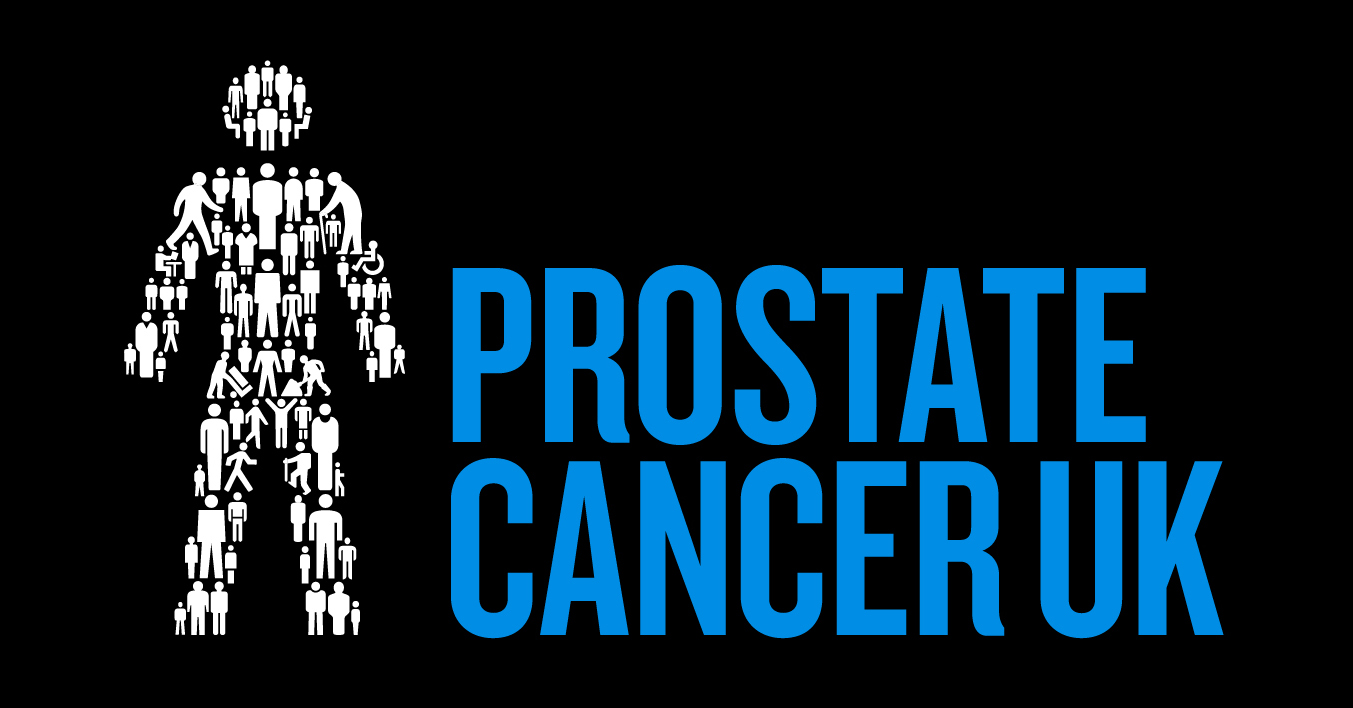Great news for social clubs – employers’ liability claims continue to be low! There could be a number of reasons for this, but the most likely is that employees are exposed to low risk.
Businesses such as construction or security companies carry significant risk to employees, whereas there is a lower chance of accident or illness occurring for social club employees.
That’s not to say there aren’t risks, though. It’s important to identify how accidents may occur and put measures in place to prevent them. In this blog, we take a look at the role risk management plays in keeping your claims low.
Clubs need Employers’ Liability Insurance
It is a legal requirement to have an insurance policy in place that protects your employees. Should an accident occur, or an employee becomes ill due to negligence at your club, an employee has a legal right to claim compensation. All businesses and organisations must therefore have a suitable policy in place to ensure successful claims can be paid.
Employers’ Liability Insurance should also cover your volunteers. Most policies will stipulate this, but always check your wording and make absolutely sure all volunteers are protected too. Whilst legally speaking your volunteers should not be considered an employee or given the same levels of responsibility, from an insurance perspective it is still your duty to ensure their safety.
Most common Employers’ Liability claims
In the last five years, our social club clients have made less than 100 claims in total. That’s less than twenty claims each year!
When it comes to exactly what these claims were for, there appears to be two clear winners…
• 47% of claims were for slips, trips and falls.
• 12% of claims were for lifting injuries.
Other common causes of claims resulted from burns, assault or other unfortunate incidents.
The low number of claims indicates most clubs are following risk management advice and suitably training employees.
But let’s take a closer look at how to minimise the risk of slips and lifting injuries in order to reduce your Employers’ Liability claims…
We’ve written previously about the importance of risk management when it comes to preventing slips, trips and falls. For example, it’s advised to undertake and document risk assessments for any areas of your premises where an employee may slip, trip or fall. You must detail what controls have been put in place to reduce hazards and regularly check your club for any hazards that may have appeared (such as a bit of loose carpet or freshly cleaned wet floor with no wet floor sign).
If you regularly check your club and keep your premises as safe as possible, incidents are less likely to occur. If an accident does happen, ensure you record the severity and cause of the incident and do all you can to ensure a similar situation cannot reoccur.
Our research shows that the second most common cause of employee injury occurs through lifting. You must have manual handling training in place to mitigate risk of injury. If an employee goes ahead and injures themselves lifting when you haven’t given them a specific task, or they go against the advice given during training, your club will be in a much better position to defend the claim.
Risk assess all elements of manual handling, taking into account individual worker capacities. For example, perhaps no item over 25kg should be lifted manually by one person. But this may not be a “one size fits all” approach, as some employees may not be able to lift such heavy equipment.
All employees who may be lifting heavy items, such as moving barrels, must have manual handling training. This will help to show how to lift safely and what to do if injury does occur.
Turn to the experts
It’s a firm belief of ours that risk management is key to keeping your claims history low and your employees safe. We’re proud to work with so many fantastic clubs who work hard to keep their people and customers safe.
Understandably, not all clubs will have enough risk management experience to feel confident in undertaking risk assessments and delivering relevant training. That’s where a dedicated risk management team comes in. Our risk managers know the hazards to look out for and can help you put comprehensive health and safety policies in place.
If you’d like to chat to us about improving the safety of your club and keeping your Employers’ Liability claims low, get in touch with your account manager.







